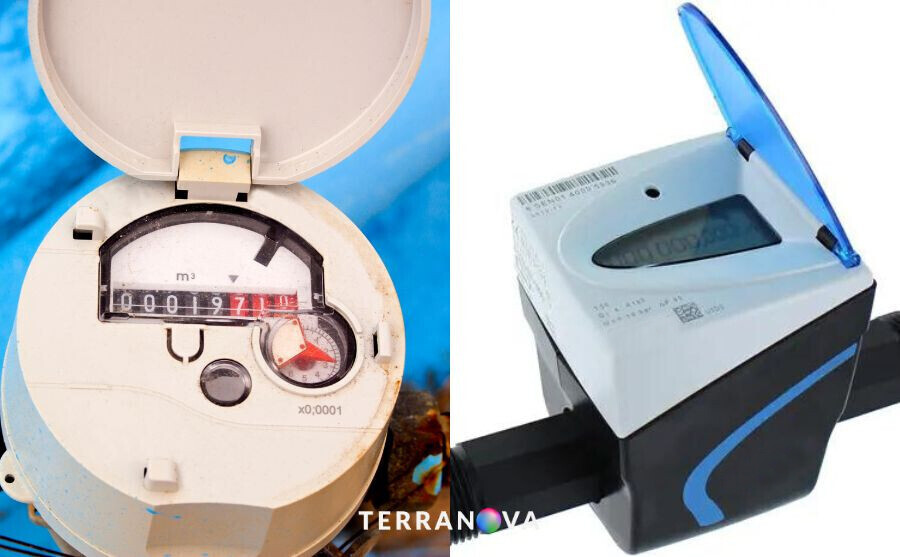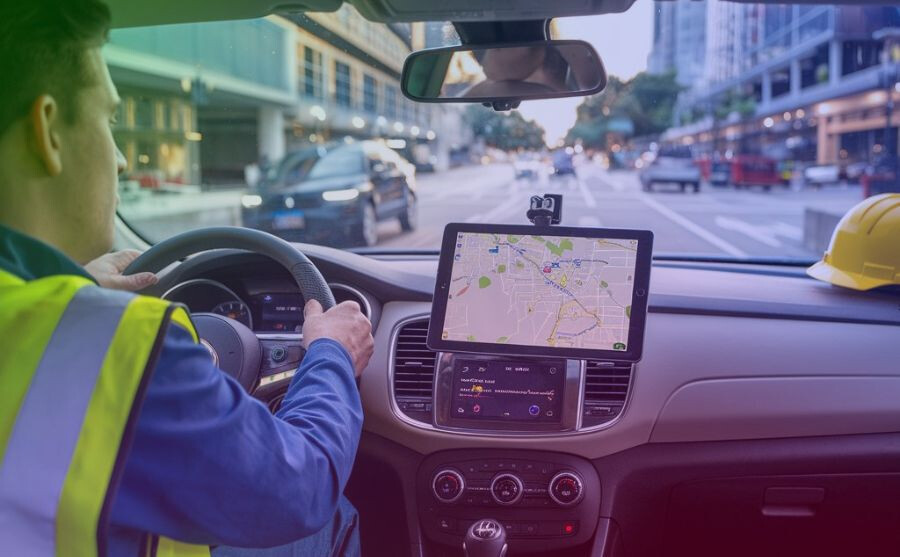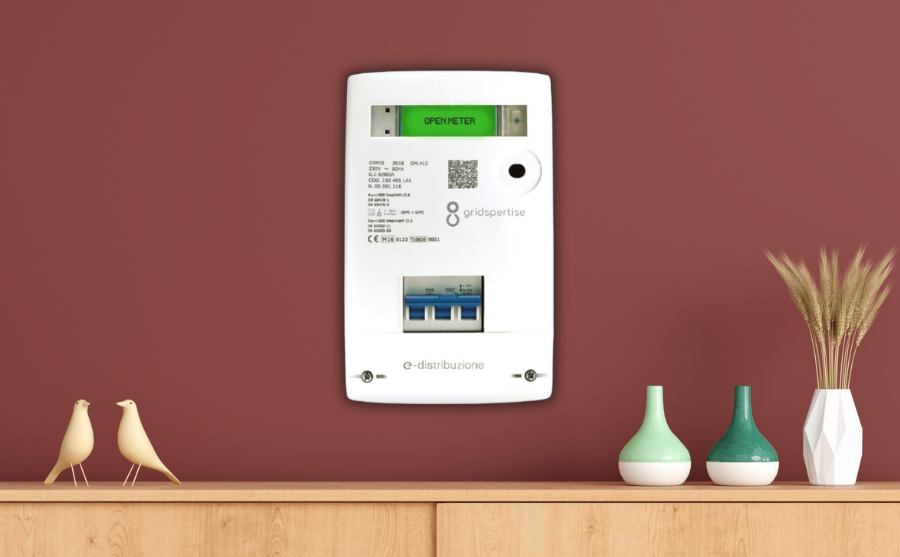

4/9/2025



Digitisation and process innovation are the most important steps to enable a smarter, more sustainable world. The key tools to start with are smart meters and the software to manage them, in order to enable Utilities to improve data quality and optimise operating costs.
The coming years will be decisive for water distributors. After the steps forward taken by the Utilities in the world of gas and electricity, strong signals were sent out for the digitisation of water networks and, above all, of measurement processes in order to protect water resources and improve service quality: to achieve these goals, it is essential to have advanced control systems that allow the monitoring not only of the main nodes, but also of sensitive points in the network, through the measurement and acquisition of flow rates, operating pressures and water quality parameters.
Already in several countries, the performance indicators and deployment of technologies for metering called for an increasingly automated and intelligent management of metering and provided network operators with guidelines to approach it under the best conditions. Environmental requirements and the ever-increasing need for digitalisation, therefore, are the main levers driving the Authority to steer the water sector in this direction as well. In this context, the role of smart metering, whose core features enable the remote management of almost all activities related to smart meters and metering, is crucial.
What are the real benefits of smart meters? What is the real upgrade over traditional meters? Here we look at some fundamental differences.
The traditional meter requires manual reading. This results in a very low number of readings due to the physical deployment of operators who retrieve the data on site.
Smart meters retrieve, remotely, a much higher number of readings (up to one every 15 minutes depending on the service) and sends them much more frequently (even several times a day) than a traditional meter, rising the detail of consumption and making readings available to distributors and vendors more promptly (even within 24 hours). Furthermore, thanks to remote reading, errors are significantly eliminated.
The retrieval of readings from the traditional meter must necessarily be done in presence, causing a massive use of human resources and a consequent increase in the cost of the process, which directly burdens the Utilities' operating costs.
More remote readings mean huge savings in operating costs. Thanks to remote reading, a large number of tasks can be handled. In addition, it will no longer be necessary to call in an on-site technician, but operations can be carried out remotely by the distributor, rising the level of service to the end customer and reducing the cost of execution.
With the traditional meter, billing is sometimes based on estimates, not actual consumption. This may result in bills becoming too high for many customers, generating late payments, arrears or even defaults.
Thanks to the smart meter, billing is based on actual consumption data, resulting in improved quality and timeliness of billing. In addition, remote management enables features that allow timely action against arrears through the use of remotely controllable switches and valves. The reduction of intervention time in cases of arrears leads to a faster recovery of profits compared to the previous state of the art.
Traditional reading processes involve considerably more human resources in the field, which have a greater impact on the environment due to the gas emissions of vehicles on the road. In addition, consumption estimates generate approximate knowledge of consumption for customers, as well as potentially higher economic outlay for bills based on them.
The large quantity and quality of available data allow greater access to knowledge of consumption by customers, as well as sellers. This represents the key to a more conscious and sustainable management of utilities and thus of energy and water resources. Furthermore, the remoteisation of part of the field activities (readings, meter interventions, etc.) reduces the need to move teams and vehicles with consequent savings in terms of emissions.
The small number of readings on traditional meters generates a much smaller number of data. In addition, the traditional meter is not able to communicate any kind of anomaly or alarm.
The smart meter makes it possible to collect a large amount of data in addition to consumptions, such as diagnostics. The smart meter also allows customers to consult consumption data in near real time, makes the meter send notifications in the event of anomalies, and eliminates the risk of reading errors that comes with manual readings.
Smart metering therefore represents a necessary step in the innovation of metering processes for water distributors, in order to combine the requirements of innovation, digitisation and sustainability that the market is increasingly demanding.
Terranova Software's solutions fit perfectly into this context: as Digital Enablement Platforms aimed at Utilities in the gas, water and electricity sectors, they support smart metering processes in a specialised way without constraints on communication technologies and smart meter models used in the field. Terranova's smart metering, in fact, is oriented towards the metering processes (and not the devices) and is aimed at the digital transformation of activities, and not only automation, to create new value. In addition, they enable the distributor to enjoy all the benefits listed in the table above, to make their systems and decision-making processes more effective.


4/9/2025


1/9/2025


7/29/2024

Want to know more?
We’d be happy to talk more in detail about your needs and explore how we can become your ideal partner, to assist you in your business venture of innovation, digitization and sustainability